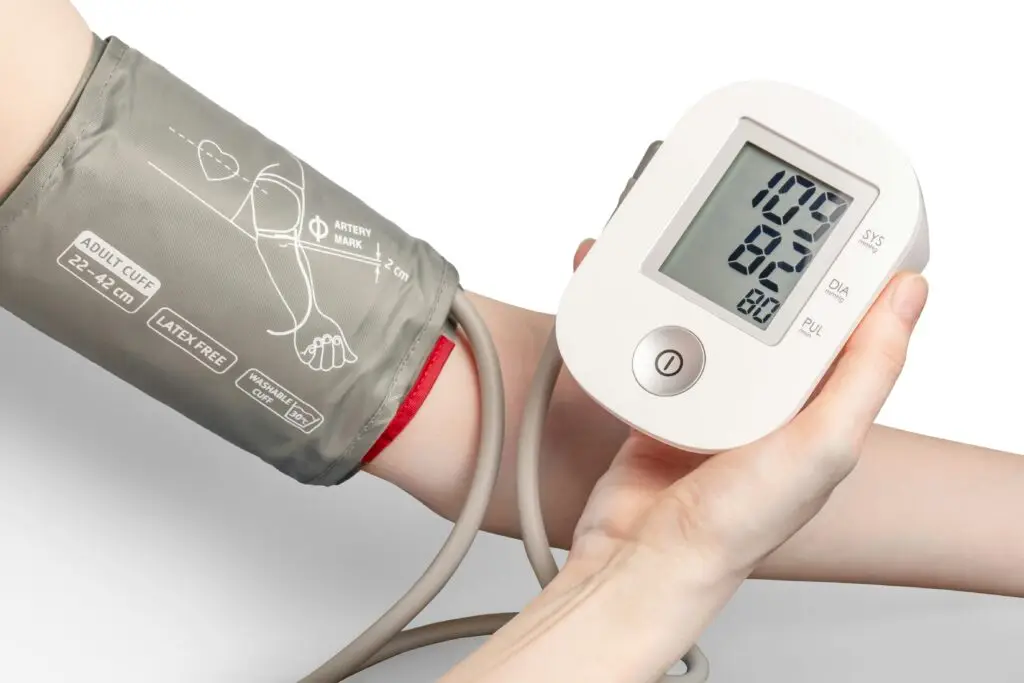
Heart health is more critical than ever in 2025, as cardiovascular diseases (CVD) remain a leading global health challenge. Recent research, including a 2025 Lancet study, shows that lifestyle interventions can reduce CVD risk by up to 70% by addressing inflammation, oxidative stress, and metabolic imbalances. The American Heart Association’s 2025 report further notes that modifiable lifestyle factors such as diet, physical activity, and stress management play a pivotal role in preventing heart issues, with plant-based diets and regular exercise linked to a 30% drop in heart attack rates. A 2025 Nature Medicine review also highlights how sleep and mental health optimization lower cortisol and improve vascular function, offering a holistic approach to heart care. By adopting these evidence-based lifestyle tips for heart health, you can protect your cardiovascular system and enhance overall well-being.
The Relationship Between Lifestyle and Heart Health
Lifestyle profoundly shapes heart health, acting as both a shield and a risk factor depending on daily choices. Poor habits, like consuming ultra-processed foods or leading a sedentary life, drive inflammation and plaque buildup in arteries, increasing the likelihood of heart disease. A 2025 study in the Journal of the American College of Cardiology found that individuals with high adherence to healthy lifestyle practices, balanced nutrition, regular movement, and stress reduction, had a 60% lower incidence of cardiovascular events compared to those with inconsistent habits.
Chronic stress and poor sleep disrupt hormonal balance, elevating blood pressure and lipid levels, while smoking and excessive alcohol impair vascular integrity. Conversely, positive lifestyle changes bolster heart resilience by improving endothelial function, reducing oxidative stress, and stabilizing blood sugar. Social determinants, like access to nutritious food or safe spaces for exercise, also influence outcomes, as noted in a 2025 World Health Organization report, which emphasizes community-based interventions to support heart-healthy behaviors. By prioritizing intentional habits, you can significantly lower your heart disease risk and foster long-term vitality.
Top 10 Lifestyle Tips for Your Heart
These science-backed lifestyle tips for heart health are practical, sustainable, and designed to fit into your daily routine, helping you safeguard your cardiovascular system.
1. Maintaining a Healthy Diet
A nutrient-rich diet is a cornerstone of heart health, reducing inflammation and supporting vascular function. Inflammatory foods, such as refined sugars, fried items, and processed meats, elevate C-reactive protein levels, a key driver of arterial damage. Instead, focus on heart-protective foods to nourish your body:
- Colorful produce: Berries, citrus fruits, and dark leafy greens (like kale) are packed with antioxidants, such as anthocyanins, that combat oxidative stress.
- Whole grains: Quinoa, brown rice, and oats provide fiber to lower LDL cholesterol and stabilize blood sugar.
- Healthy fats: Avocados, nuts (walnuts, almonds), and olive oil deliver monounsaturated fats that reduce plaque formation.
- Lean proteins: Fatty fish (salmon, sardines) and plant-based options like lentils offer omega-3s and amino acids without harmful fats.
- Anti-inflammatory spices: Turmeric and cinnamon reduce systemic inflammation, supporting arterial health.
A 2025 Mediterranean diet trial showed a 25% reduction in cardiovascular events among adherents, making it a gold standard for heart health.
2. Maintain a Less Stressful Lifestyle
Chronic stress triggers cortisol and adrenaline spikes, raising heart rate and blood pressure, which strain the cardiovascular system. A 2025 study in Circulation linked stress reduction to a 40% lower risk of heart failure in at-risk groups. To manage stress effectively:
- Meditate daily: 10-minute mindfulness sessions reduce cortisol levels and improve heart rate variability.
- Join mental health groups: Online or local support communities foster connection and coping strategies.
- Practice positivity: Gratitude journaling or affirmations shift focus from stressors, lowering anxiety.
- Try breathing exercises: Diaphragmatic breathing (4-7-8 technique) calms the nervous system.
- Engage in hobbies: Creative outlets like painting or gardening promote relaxation and joy.
3. Avoid Smoking and Maintain Moderate Alcohol Intake
Smoking and excessive alcohol are toxic to heart health, damaging blood vessels and disrupting rhythm.
Avoid Smoking:
- Quitting cuts heart attack risk by 65% within two years by reducing vascular inflammation.
- Use cessation aids like patches or counseling.
- Avoid e-cigarettes, which may still harm endothelial cells.
- Join support groups for accountability.
Moderate Alcohol Intake:
- Limit to one drink daily for women, two for men, to prevent triglyceride spikes.
- Choose red wine sparingly for its resveratrol content.
- Avoid binge drinking to protect against arrhythmias.
- Opt for non-alcoholic mocktails in social settings.
4. Maintain a Healthy Weight
Excess weight, especially visceral fat, increases heart strain and insulin resistance. Maintaining a BMI of 18.5-24.9 can reduce CVD risk by 25%.
- Monitor portions with tools like food diaries.
- Aim for gradual loss (0.5-1 kg weekly) through balanced eating and exercise.
- Measure waist circumference (below 35 inches for women, 40 for men).
- Seek dietitian guidance for tailored plans.
- Avoid fad diets; focus on sustainable changes.
5. Get Enough Rest
Consistent sleep (7-9 hours) supports heart repair and regulates stress hormones. Poor sleep raises CVD risk by 50%.
- Stick to a fixed sleep schedule to align circadian rhythms.
- Create a restful bedroom: dark, quiet, and cool (16-20°C).
- Avoid screens 1-2 hours before bed to boost melatonin.
- Limit caffeine after noon.
- Consult doctors for sleep apnea concerns.
6. Engage in Physical Activity
Exercise strengthens the heart, improves circulation, and lowers inflammation, reducing CVD mortality by 35%.
- Aim for 150 minutes of moderate exercise weekly, like swimming or brisk walking.
- Include resistance training twice weekly for muscle health.
- Break activity into 10-minute sessions if time-constrained.
- Choose fun activities like dancing to stay consistent.
- Ensure moderate intensity: you should feel exertion but still converse.
7. Control and Monitor Diabetes
Unmanaged diabetes accelerates vascular damage, doubling heart disease risk.
- Test blood sugar daily with glucometers.
- Eat low-glycemic foods like legumes and vegetables.
- Exercise to enhance insulin sensitivity.
- Adhere to prescribed medications.
- Schedule regular HbA1c tests.
8. Maintain Healthy Cholesterol Levels
Optimal cholesterol levels prevent arterial blockages; high LDL increases CVD risk by 40%.
- Consume fiber-rich foods (beans, apples) to reduce LDL.
- Include omega-3-rich fish twice weekly.
- Limit processed carbs and saturated fats.
- Exercise to elevate HDL cholesterol.
- Get lipid profiles every 4-6 years.
9. Monitor and Control Blood Pressure
Keeping blood pressure below 120/80 mmHg lowers heart strain and stroke risk.
- Check blood pressure weekly at home.
- Reduce sodium to under 2,300 mg daily.
- Eat potassium-rich foods like bananas.
- Manage stress through mindfulness.
- Follow prescribed antihypertensive treatments.
10. Commit to Regular Checkups
Routine medical evaluations catch issues early, improving heart outcomes.
- Schedule annual checkups with blood tests.
- Discuss family history with your doctor.
- Monitor for symptoms like fatigue or chest discomfort.
- Stay updated on vaccinations (e.g., flu).
- Follow up on any abnormal findings.
Word from Doctor Zara
For personalized guidance or health queries, reach out to me at drzaramulla@gmail.com. This advice is not a substitute for regular checkups with your doctor, always consult a healthcare professional for tailored care.
Quick Links
https://www.heartfoundation.org.au/healthy-living/keeping-your-heart-healthy
https://www.cdc.gov/heart-disease/prevention/index.html
https://www.bhf.org.uk/informationsupport/support/healthy-living/healthy-eating
https://drzaramulla.com/heart-health-diseases-risk-factors-for-heart-disease/

